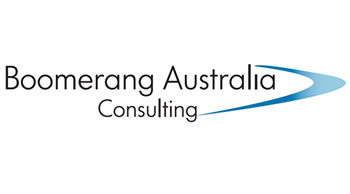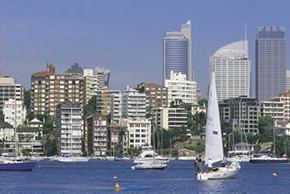Australia, in general, offers an extraordinary quality of life, with living costs lower than in Europe, although living in Sydney has become considerably more expensive since the 2000 Olympic Games. International surveys keep awarding Sydney and Melbourne as being the most liveable cities in the world !!
If you live in regional areas or in Queensland, WA or SA, daily expenses might be much inferior than in the rest of Australia, although shops tend to have the same pricing policy all around Australia!!
You need, in general, around AU$15,000 per year to live comfortably (more if you are a family). Of course these costs do not take into account your flight, insurance, training…, only accommodation, transport and leisure costs. These estimates vary according to your lifestyle.
Costs per category:
We have established a summary of general costs to give you a better idea and help you organise your budget accordingly.
Attention! The prices indicated below are in Australian dollars, per week. Click here to convert to your local currency!
Accommodation
Single room (Share Accommodation) : A$100 - $250
Studio: AU$180- $400
2-bedroom unit: AU$350 to 750
Food: A$60 - $120
Book materials: A$55- $1.000 (per year)
Electricity: A$10 - $20
Telephone (mobiles and international calls): A$10 - $30
Transport: A$15 - $32
Stationery, photocopying, etc: A$20
Entertainment: A$30 - $200
Cinema Ticket: A$12 to 16
Postage
Within Australia: A$0.55
International: A$1.20
Bread: A$1.50 - $4.00
Milk:(2 litres) A$2.60
Australian Cheese (500g): A$4.50 - $10.00
Lettuce: A$1.60
Cereals (box): A$4.50
Powerade (Sports drink – 33cl bottle): A$1.90- $3.00
Chips (bag): A$2.50
Big Mac: A$3
Medium Soft Drink: A$1.65- $3.50
Bottle of wine (75cl): AU$8 - $40
As far as study costs are concerned, please refer to our section Training in Australia.
Particularities:
- In Australia, everything is paid weekly: salary, accommodation…
- Rental costs: It is not automatically more expensive to live in the city than in the suburbs. It depends on the popularity of the suburb: the more trendy the suburb, the more expensive! Trends change rapidly in Australia, so get informed before moving into a specific suburb.















